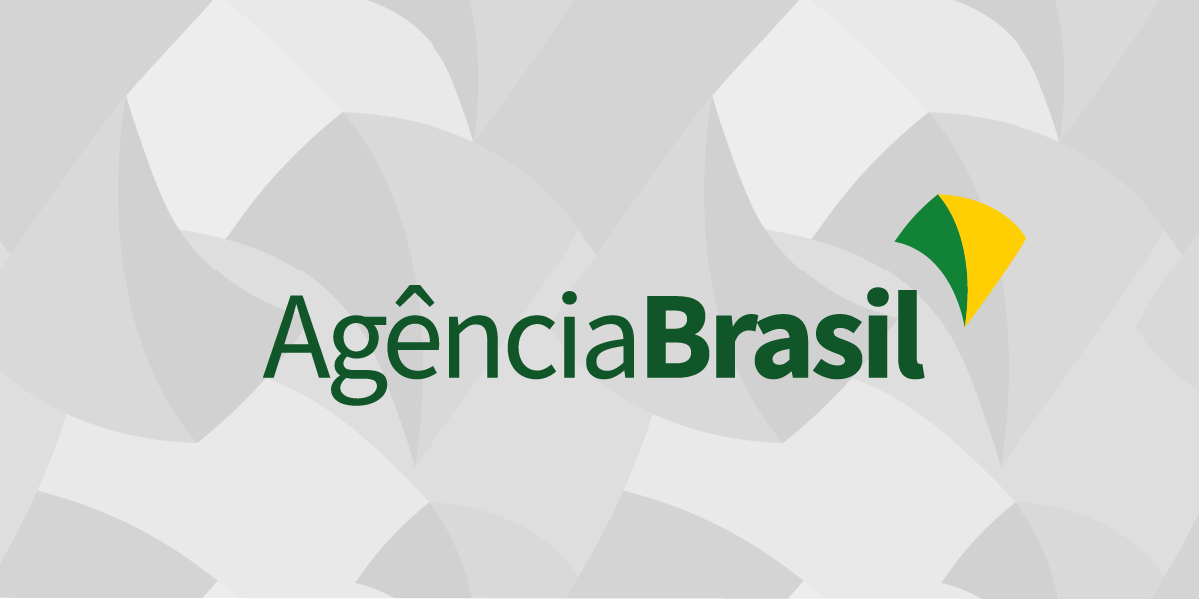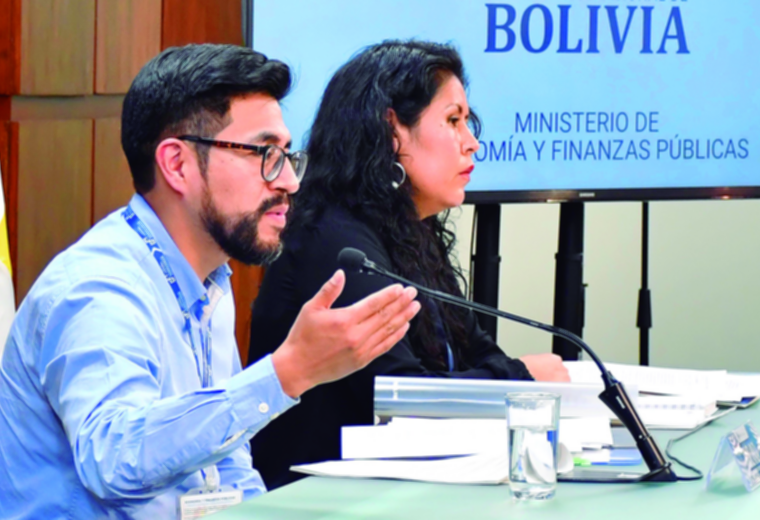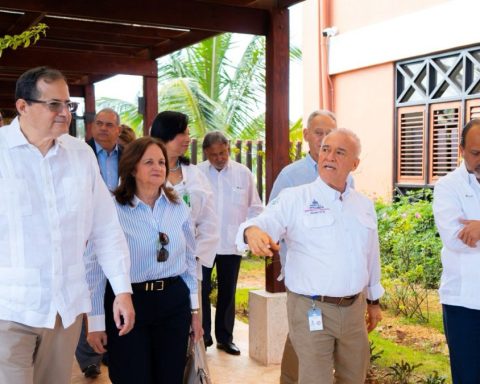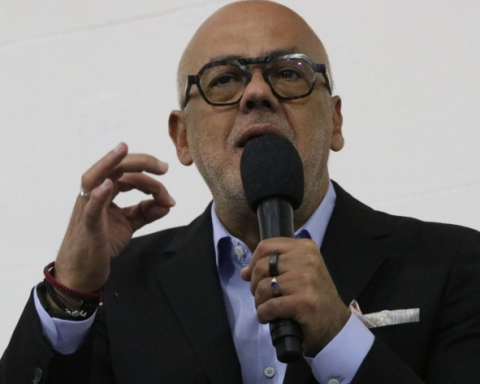Media outlets announced changes in the way they report attacks on schools. In the last 20 years, Brazil has registered at least 24 attacks.
CNN, Band, Grupo Globo and Canal Meio decided not to disclose the names, photos and videos of the accused. A Brazil Communications Company already adopts this protocol in its coverage.
The measures follow recommendations from experts and institutions for the press to avoid using images, names and information on suspects, victims and the tragedy. The goal is to avoid the so-called contagion effect, which is to encourage other attacks.
Medical entities point to a causal connection between media violence and aggressive behavior in some children.
The Public Ministry of Santa Catarina and the Secretariat of Public Security of São Paulo also asked that communication professionals avoid exposing aggressors and victims.
Professor and researcher at the State University of Campinas (Unicamp) Danila Zambianco says that the ideal is not to bring spectacle and notoriety to the perpetrators of these acts.
“Don’t publicize your name, don’t publicize your image, don’t bring details of how the situation happened, how they built this route. Sometimes, the news is almost a tutorial on the massacre, on how to do it. So this type of information does not have to be publicized, it does not have to be broadcast”, he said.
Danila Zambianco highlights the role of the media in coverage. “The role of the press needs to focus on the victims, on the reconstruction of that space, on the reconstruction of the meaning of this school, Cantinho Bom Pastor, so that it can now acquire a new meaning for these people, so that this public policy of promoting coexistence [seja difundida]monitoring this with state institutions, that is the role of the press.” Yesterday (5) a man invaded the Cantinho Bom Pastor day care center, in Blumenau (SC), killing four children and injuring three. Civil Police reported that the author of the attack was arrested after turning himself in.
After the attack on the Thomazia Montoro State School, in the capital of São Paulo, on March 27, the Civil Police of São Paulo identified, in the virtual or school environment, an increase in situations that indicate plans for possible attacks on schools. In one week, 279 cases were registered.

















